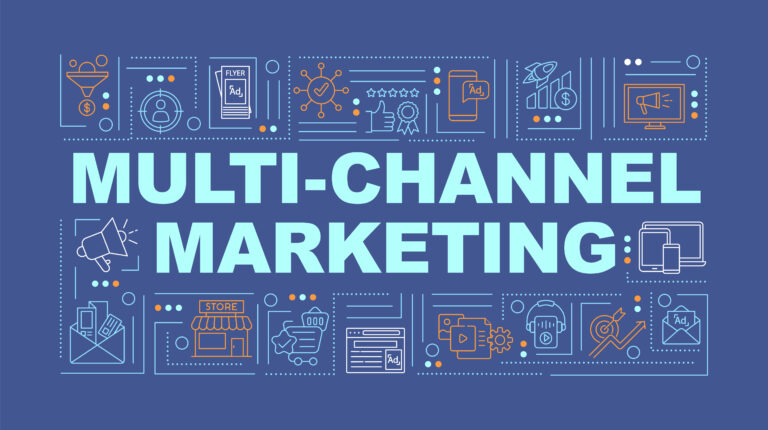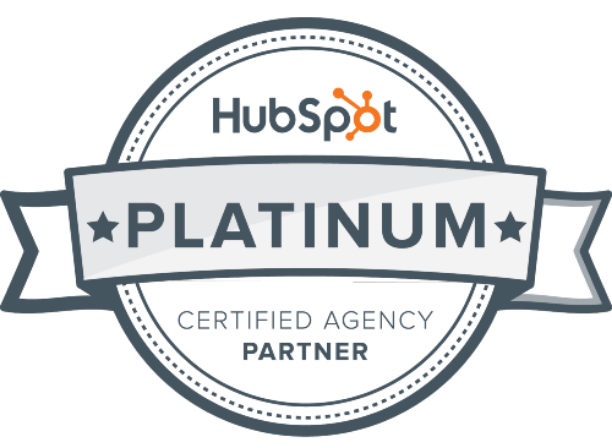Six of the more powerful letters in the alphabet soup that is digital marketing: SEO and PPC.
Individually, both SEO and PPC play distinct and important roles in an overall digital marketing strategy. Search engine optimization builds the organic framework for getting found online. Pay-per-click digital advertising attaches a laser to that framework, allowing us to target ideal audiences with precision.
Some marketers implement one or the other consistently. Smart digital marketers bring them together.
Looking for insight into how and whether SEO and PPC strategies can effectively co-mingle in your digital marketing plan? Here’s an SEO-and-PPC marriage overview, with Snapshot’s perspective and a few simple, actionable pointers.
Understanding SEO and PPC
If you haven’t developed SEO and PPC strategies individually, you’ll want to explore a few fundamentals before you bring the endeavors together.
Search engine optimization and pay-per-click advertising make excellent teammates, but their forms and functions are different, and so are their strengths and weaknesses.
Why we build an SEO strategy:
Your SEO strategy is about fine-tuning your website and content to rank organically—or more specifically, to help you get found by your ideal customers—on search engines.
To implement a well-rounded SEO strategy, technical SEO experts (like Snapshot’s digital marketing specialists) will fine-tune website infrastructure, make recommendations to improve site speed and enhance mobile responsiveness, and suggest schema markup to give search engine spiders an unobstructed view into your products and/or services. Content SEO experts will direct compelling, keyword-rich content that employs strategic keyword placement and aligns with user intent—i.e. content that answers all the questions they’re asking, authoritatively and completely.
Collectively, that kind of SEO implementation brings technical finesse together with engaging, search-friendly content. It makes your website a better experience, informationally and executionally. And that makes search engines more likely to deliver your content to users you’re hoping will see it. It’s the basic equation for search engine optimization success.
The key benefits of ongoing SEO work: You build credibility and visibility and elevate your brand’s overall online presence. But SEO is a long-haul initiative. It takes time to create optimized content, build and maintain trust, and generate and sustain growth. SEO can deliver impressively sticky results if the work is continued and tactics are updated to align with algorithm shifts. But at least initially, SEO success takes patience.
Why we do PPC advertising:
PPC advertising, on the other hand, offers an opportunity for instant visibility. Ad buyers will meticulously craft campaigns to connect with targeted audiences, strategically selecting and bidding on highly relevant keywords and optimizing continually to maximize your return on investment.
With well-shaped PPC ads, your message goes right to the front of the line, exactly where the people you’re trying to reach are waiting.
There’s no real “stickiness” factor to PPC advertising—visibility stops when a campaign ends. But a good PPC campaign can grab attention and deliver results almost instantly.
Why we do PPC advertising and implement SEO strategy together:
If you think of these initiatives in marketing funnel terms, PPC advertising gives you a direct line to those eager, bottom-of-funnel customers and gently nudges them through to conversion.
SEO (along with organic social media and other brand-nurturing tactics) lays out breadcrumb trails for those less eager, top-of-funnel customers, inviting them in, showing them who you are and what you offer, and working to establish a rapport that invites them to move further down the funnel.
They both have roles to play and tactical requirements that need balancing. But we tend to see them as peanut butter and chocolate, bass and drums—great on their own, but a total revelation when they come together.
The Benefits of Integrating SEO and PPC
Strong digital marketing strategies interweave PPC and SEO strategies to combine the benefits and balance the costs. You get the long-term gains of SEO with the instant impact of PPC, the audience maintenance and growth of SEO and the ROI of PPC.
If you strike the balance right, you’re continuously connecting with ideal customers at different points in their journey, filling and moving people along your funnel.
The word “synergy” rings pretty corny to most digital marketers, but it’s apt here–bring a smart SEO strategy together with a smart PPC strategy and you’re amplifying visibility, maximizing reach, expanding keyword coverage, accelerating traffic growth, and collecting invaluable insights into audience likes, dislikes, and behavior.
The SEO-PPC benefits aren’t just additive, they’re multiplicative—so by integrating them, you’re getting more out of each and elevating your entire digital marketing strategy.
Specific Strategies for Using PPC to Boost SEO
The step after understanding that you should integrate PPC and SEO strategies: plotting out how to do it.
In a lot of ways, pulling SEO and PPC together effectively comes down to taking what you’re learning from one and applying that knowledge to the other.
A few easy but effective ways to leverage PPC campaigns to boost SEO:
- Identify high-performing PPC keywords, then create organic content around those keywords.
- Leverage PPC ad copy insights to refine your meta descriptions and page content.
- Use PPC landing page insights to find gaps or hiccups in your website user experience, then make updates or changes to correct them.
- Harness PPC geo-targeting data to refine your local SEO strategies, making sure your website has optimized content that’s relevant for specific audiences.
- Analyze successful PPC ad variations to inform and refine your overall content strategy.
All of these make PPC and SEO efforts sing together; all help you make the most of your digital marketing time and effort.
How SEO Practices Inform Successful PPC Campaigns
Flip the focus around, and the story stays the same: The knowledge gained from one of these will boost the performance of the other. Core SEO research practices play a pivotal role in optimizing PPC campaigns.
In building and launching PPC campaigns, we use deep SEO research to gather keyword insights that enhance targeting and focus relevance. Cost-effective, high-converting ads, pretty much to a one, will be built on massive amounts of focused research.
Ongoing SEO research helps direct campaign optimization, too, making sure we’re staying in alignment with evolving search trends.
Someone could build a PPC campaign around their gut feelings, sure. But it’d very likely fall way short of goals, and it’s certainly not recommended.
A few effective ways to integrate SEO research into PPC campaigns:
- Align PPC keywords with your high-performing organic SEO terms for unified targeting and a consistent user experience.
- Shape PPC ad copy using insights taken from successful, SEO-driven content strategies (from your blog, landing pages, or even social content, which is becoming more and more SEO-focused).
- Utilize local SEO insights to more distinctly define and refine the geographic targeting in your local-focused PPC campaigns.
If you feel like these rhyme with the PPC-to-SEO tips a little, you’re right—and that’s the key.
You’ll never hit everything out of the park in your SEO efforts or in your PPC efforts. But when something hits, that success and the data gleaned can and should inform other digital marketing efforts.
Messaging that works on your blog may work just as well in a PPC campaign. That geographic area that’s showing an outsized response to your PPC campaign? They’ll probably be there when you shape SEO-focused content specifically for them.
Digital marketing is all about learning and using that knowledge to cross-pollinate so everything grows together.
Average Costs of SEO and PPC
There’s an investment—in both time and money—that comes with both PPC advertising and SEO efforts. It’s more of an ongoing investment with PPC, while SEO usually ramps down cost-wise from setup to maintenance.
But the obvious questions here—“How much does PPC advertising cost?” and, “How much do I have to spend on search engine optimization?”—unfortunately don’t come with one-size-fits-all answers.
Here’s a vastly oversimplified baseline:
In 2023, mid-sized companies spent an average of $9000-$10,000 per month on PPC campaigns, according to TechReport. Ahrefs’ 2023 survey found that average SEO project fees came in between $2500 and $5000, and that hourly SEO service fees hovered between $75 and $100.
(Related data to note: Companies investing in Google PPC earned an average 200% ROI, and SEO marketing had an average ROI ratio of 22:1, according to data cited by BusinessDIT.)
But none of those average budget numbers really mean anything, because it all depends on where you are and where you’re going.
Comprehensive SEO suites like Semrush have tools that can help you research what your closest successful competitors are spending on PPC—from their full strategy down to their most profitable keywords and live ads—which may help you shape your own budget.
For SEO, you could talk with a marketing agency like Snapshot about the costs of doing an SEO audit, developing an SEO strategy, and implementing SEO tactics.
The key is tailoring investments to your individual strategy and goals—build a PPC budget for short-term wins and shape an SEO investment around long-term growth.
SEO and PPC Specialists at Snapshot
If you’re looking to implement fresh SEO and PPC strategies, Snapshot can develop and manage either or both, from strategy to kickoff to maintenance.
Reach out to Snapshot’s digital marketing team, tell us about your company’s needs and goals, and we’ll shape solutions that line up with where you’re growing.








